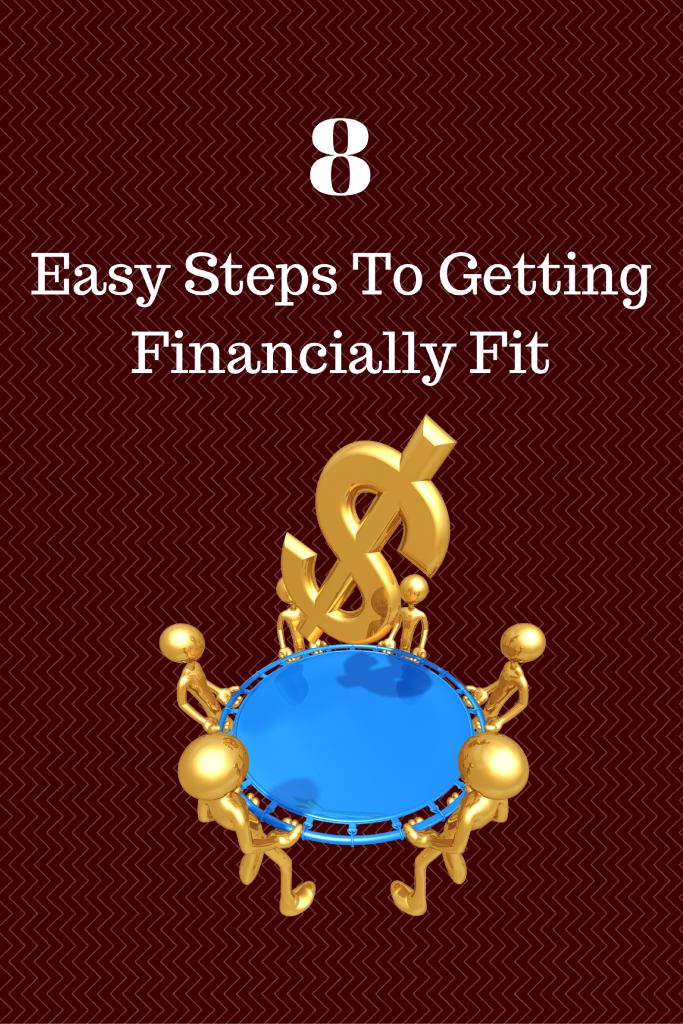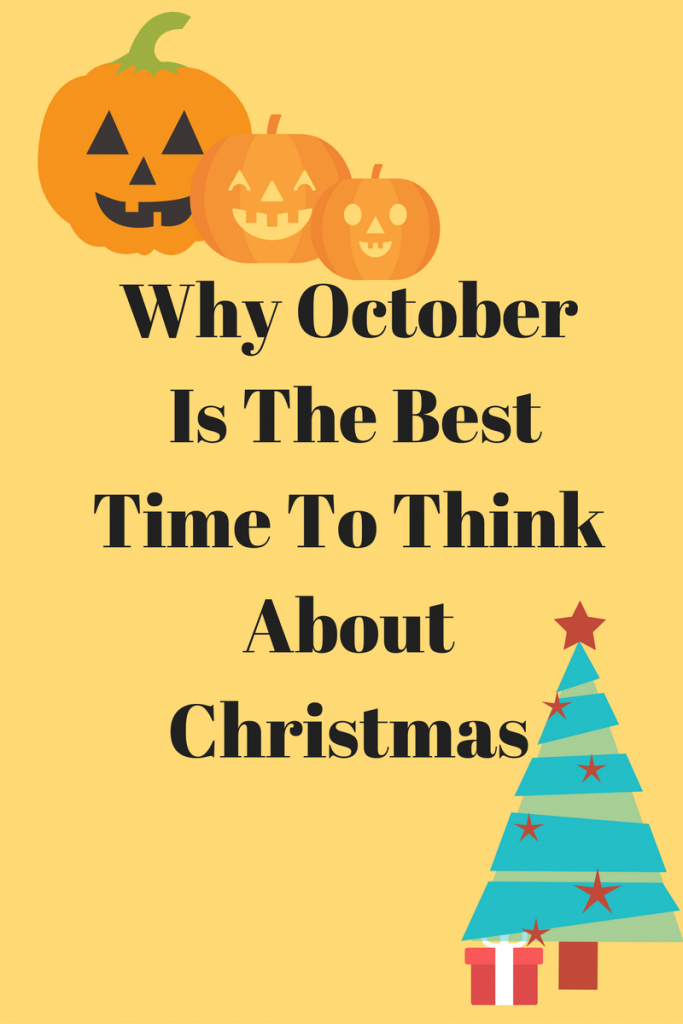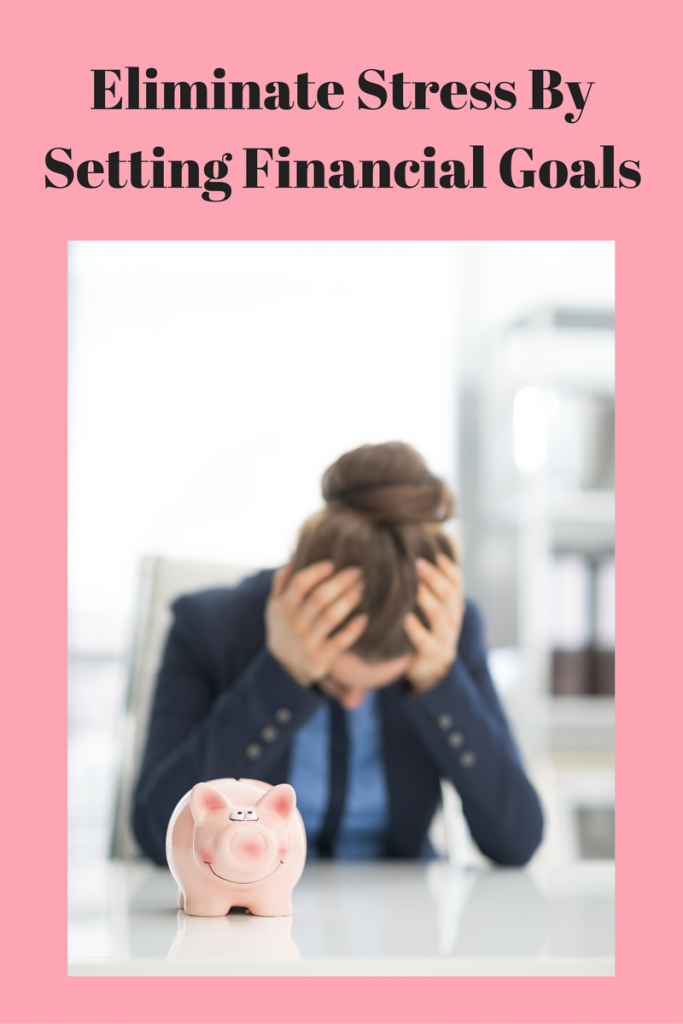
In personal finance, every situation is different. While many people perceive fixed rate mortgages as ideal and variable rates as predatory, this is far from the truth. In an economy of falling interest rates, a variable rate is a good thing. If interest rates are set to skyrocket, it could be a disaster. In the former scenario, however, a fixed rate would be much worse.
Below, we’ll cover the positives and negatives of both options.
Variable Rate Mortgage
Variable rate mortgages start out at a set interest rate and then increase or decrease over time along with the market rate. The initial rate is often lower than the current market in order to entice new borrowers to take out a loan. The bank knows that over time they will more than make up for the lost ground early on.
The incremental increases are often set to take place in 6 or 12 month intervals. If you sign on with a reputable lender, your interest rate should be set according to the local market. The average rate in New York or Los Angeles will be different from Des Moines, Iowa. Below, we cover which buyers would benefit most from a variable rate mortgage.
∙ Newlyweds looking at starter homes today, but plan to move up to a much larger home when they start a family. Since they only plan to hold the mortgage for a short time, they can take advantage of the teaser rate before selling the home and moving to a fixed rate product.
∙ Real estate investors who plan to “flip” a home over a short time frame and then sell it quickly once complete.
∙ Homeowners who have the potential to be relocated or are just wanting to feel out a new market.
∙ Homebuyers who foresee a large increase in income within the next five years. Some of these might be recent college graduates or someone starting a new business venture.
∙ Home buyers wanting to get into a rising market at the lowest cost possible and then refinance into a fixed rate mortgage after the market appreciation earns them a solid equity stake.
Fixed Rate Mortgages
Fixed rate mortgages are the most popular mortgage among homebuyers today because interest rates are at historic lows. Over 75% of homebuyers nationwide choose this option.
A fixed rate mortgage is exactly what it sounds like. The interest rate you start with is fixed at the same amount for 10, 15, 20, or even 30 years. There are no surprises.
Conversely from variable rates, the up front rate is inflated to a higher level than the market rate in order to account for the fact that it won’t ever go up. If interest rates rise, the lender will be lending to you below market at that time.
Interest rates are more inflated on a 30-year fixed rate mortgage than on a 15-year fixed rate mortgage. This is because your lender is taking on a lower risk of interest rate increases over the course of the loan.
A fixed rate mortgage product is ideal for the following buyers:
∙ Those who plan to reside in their home through the duration of the mortgage and are unlikely to need to purchase a larger home any time in the near future.
∙ Homebuyers who are uncomfortable with the uncertainty of a variable rate mortgage and prefer to pay a set amount each month for the duration of their mortgage. Even though the current rate is inflated, you will sleep better at night knowing that changes in the market rate won’t affect you.
∙ Buyers who have a good grasp of their household finances and know what their income will be for the upcoming years.
It can be tempting to either go for the no-fuss fixed rate mortgage or the low introductory rates of a variable rate mortgage. But, if the decision isn’t practical for your specific needs in 5, 15 or 30 years, you’ll only be hurting yourself from a financial standpoint.


